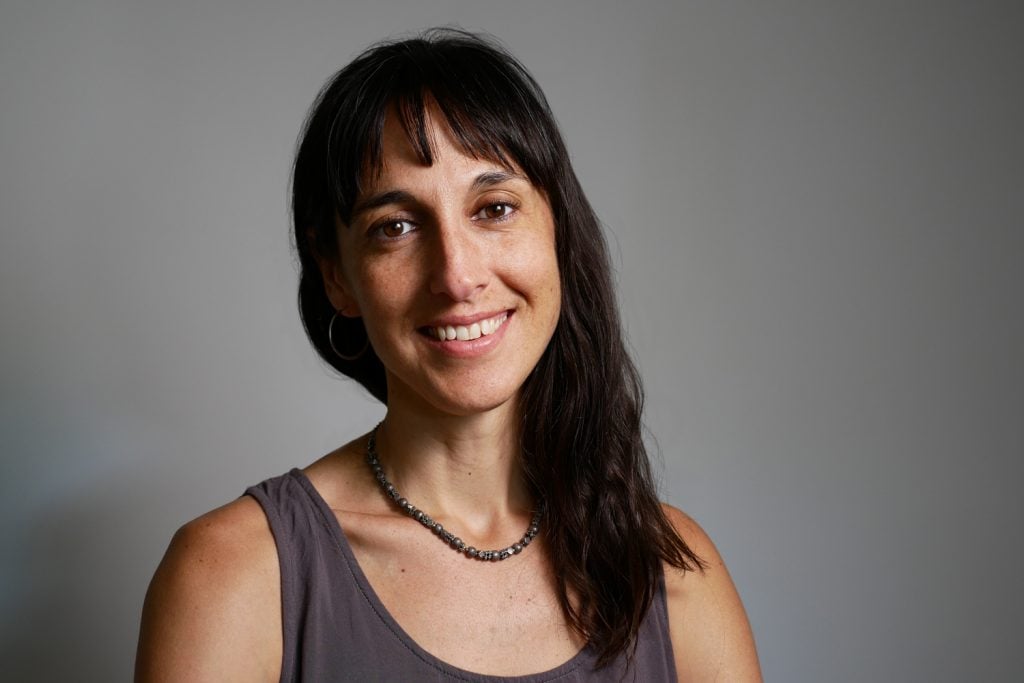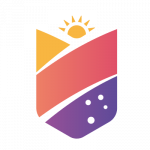Dr Tane Luna had been working for four years with Médecins Sans Frontières (MSF) in Ivory Coast when she received a call from the organisation’s medical advisor: ‘What are you doing next year?’ When Tane responded she was unsure, he said: ‘I know what you’ll be doing. You are going to take on my current role.’ Tane was taken aback, but after four years of fieldwork, she noticed it was taking a toll on her mental health, so she decided to give the job interview a go. Two months later, she moved to Sydney for her first day of work.

Originally from Spain, Dr Luna came from a system where medical students finish their generalist training and present a national exam. Based on their score, they get to choose their specialty and placement – so the highest score gets to choose from all placements and specialties available and the lowest score, from whatever’s left. There is no interview process to assess practitioners’ aptitudes or previous experience. There are no interns or registrars, and, most importantly, there is no Medical Specialist College to oversee this process.
‘After a year in Australia, I emailed RANZCOG, oblivious to who they were. I casually told them I wanted to start an O&G education program in Nigeria and that I’d like to copy DRANZCOG’s model. I got invited to a meeting with Prof Michael Permezel, then President of RANZCOG. He opened the possibility of collaborating for this project and asked me when I was going to become a Fellow of the College. I didn’t even know what I wanted to do with my life!’
Dr Luna worked for four more years in MSF, but Prof Permezel’s suggestion stayed in the back of her mind. She liked Australia and missed clinical practice, so she applied for Permanent Residency and for recognition of her specialist qualifications through RANZCOG’s Specialist International Medical Graduates (SIMG) Pathway.
‘As a woman, being an O&G can become a very personal experience. It is hard not to see a reflection of yourself in your patients because you understand what they’re going through first-hand. I love the closeness and the laughter that emanates from working with other women.’
After being found partially comparable, Dr Luna passed from being Medical Advisor to O&G Registrar at Wodonga Hospital, at the border between Victoria and New South Wales. On top of coming from a different country with a different healthcare system and having a different first language, Tane had been out of the Western clinical practice workforce for eight years; her latest experience in a developing country where resources were scarce and needs starkly different to those in Australia.
‘I was used to practising ‘messy medicine’ in places where people often died. Now I was being introduced to diagnostic tests that didn’t exist eight years ago. I was terrified.’
Despite feeling highly vulnerable, Dr Luna found the clinical staff at Wodonga to be incredibly patient, respectful and caring. When self-disclosing common procedures that she didn’t have enough experience on (e.g. laparoscopy) and thus, needing supervision, no one ever made her feel less than them. On the contrary, they made her feel welcome and honoured to have her. ‘I don’t have the words to thank them for this.’ Today, a few months after getting her Fellowship, she has moved to Darwin to service marginalised groups in rural areas. Within RANZCOG, she recently participated in a video campaign advocating for women’s health, and would like to see a mentorship process set up to help SIMG applicants navigate the application process.
‘The only ones that can truly guide you are the ones who have been through the process and that come from a similar cultural background to yours. When you come from a different system, you have to learn a monstrous amount of new things and need someone to translate that for you into common terms. I was lucky enough to be in Australia during my application process so I could ask around if I had any questions, but had I been in Spain…’
Dr Luna is one of the many international RANZCOG members that enrich the College with their overseas experience. If you are a member that came from the SIMG Pathway and would like to get more involved in enhancing future and current applicants’ opportunities, please contact us. If you are considering applying for recognition, visit the SIMG Pathway webpage to learn more about the process.
‘If you’re thinking about applying for recognition, be patient. It is a lengthy process. It took me two years to get my qualifications recognized, and if I hadn’t enjoyed my job at Doctors Without Borders back then, it would’ve been a draining experience. So, make sure that what you’re doing in the meantime is fun and meaningful. If you come with an attitude of entitlement, you’re starting off with the wrong foot.’


